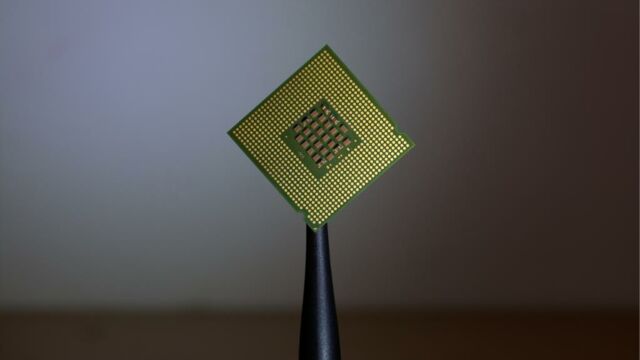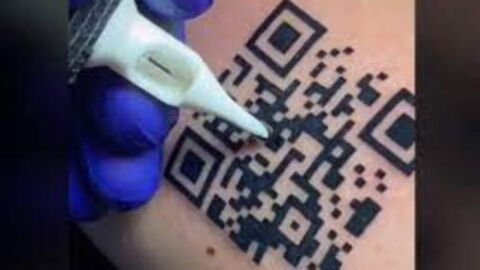A Swedish start up has created a microchip that stores proof of Covid vaccination. The digital implants can be inserted under the skin and scanned when needed.
Discover our latest podcast
Anytime, Anywhere
The scannable implant - 2 millimeters by 16 millimeters in size - is an invention by tech firm, Dsruptive Subdermals.
There has been an increase in demand for the microchips since the Swedish government introduced new rules requiring people to present their proof of vaccination at events with more than 100 people. 6,000 Swedes have so far had a chip inserted in their arm.
Hannes Sjoblad, managing director of Dsruptive Subdermals, told the AFP:
I have a chip implant in my arm, and I have programmed the chip so that I have my COVID passport on the chip, and the reason is that I always want to have it accessible
He went on to demonstrate for the AFP how it works by scanning the chip with phone which brought up a PDF with details of his EU Digital Covid Certificate.
This means it is always accessible for me or for anyone else, really, who wants to read me. For example, if I go to the movies or go to a shopping centre, then people will be able to check my status even if I don't have my phone.
Data Privacy Concerns
Responding to concerns about the protection of data and privacy, Sjoblad told AFP, the implants can only respond to being scanned and do not have the ability to track.
They cannot transmit a signal by themselves. So they are basically passive. They sit there asleep. They can never tell your location, they're only activated when you touch them with your smartphone, so this means they cannot be used for tracking anyone's location.
In case one needs to update information on the chip, they can easily do that on an app without taking it out.
Sjoblad's interest in subdermal implants dates back to 2014, when he organized implant parties at tattoo parlours where volunteers turned up to get implants placed under their skin. In a 2014 interview with the BBC, he said he hoped to get at 10,000 people on board:
I am convinced that this technology is here to stay and we will think it nothing strange to have an implant in their hand.















